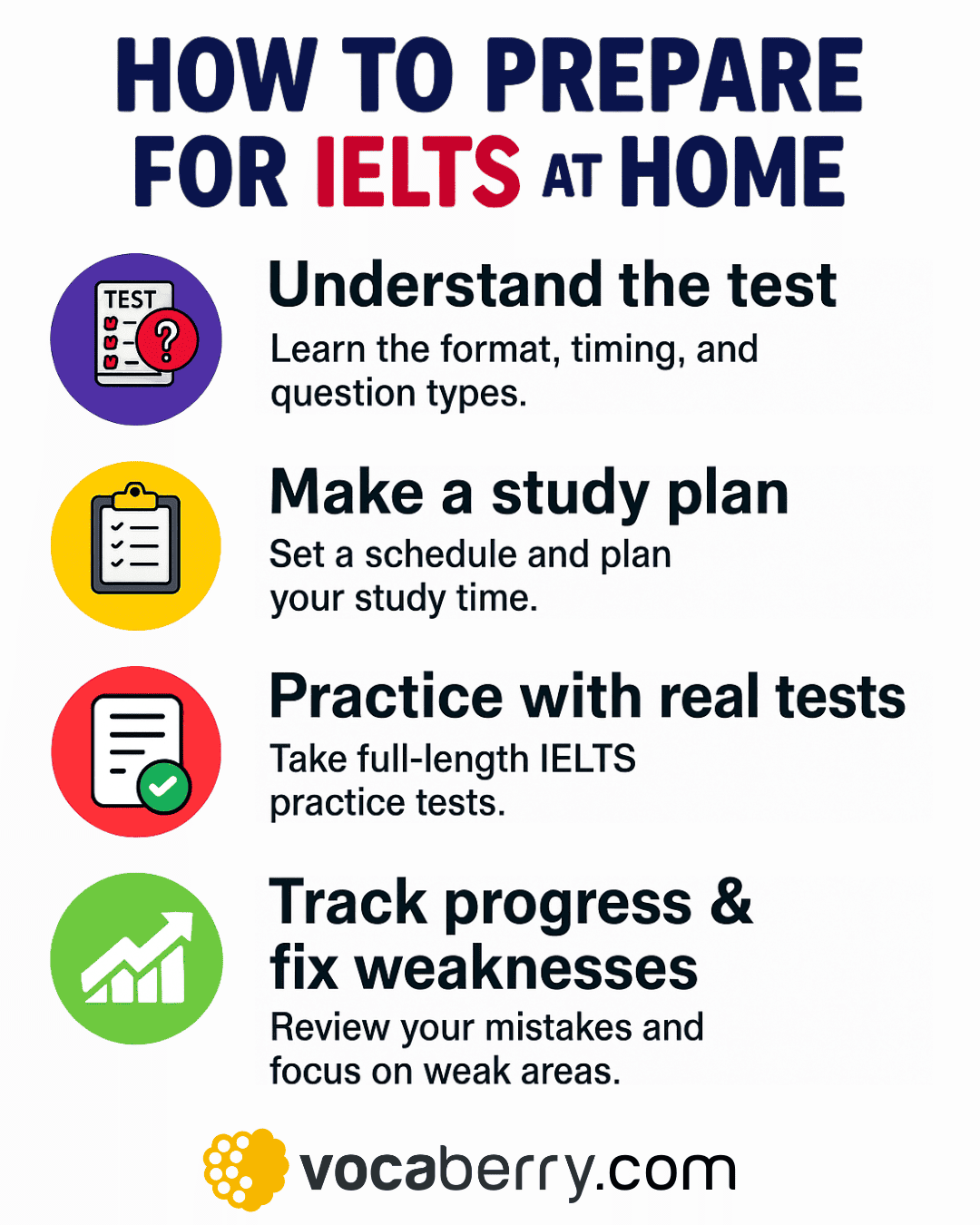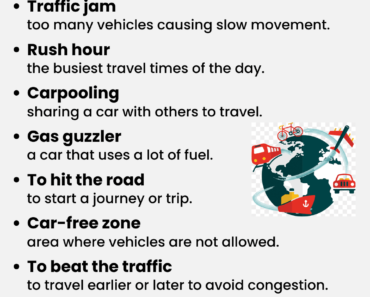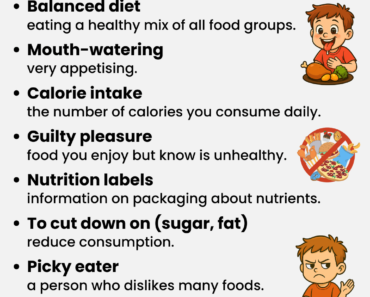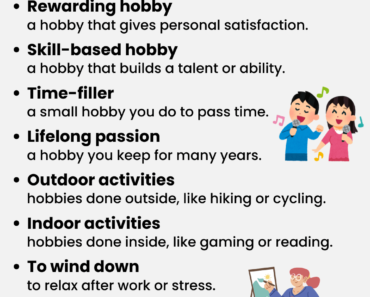
Preparing for IELTS at home is a smart and effective way to study—especially if you want flexibility and control over your learning. Whether you’re aiming for Academic or General Training, this step-by-step guide will show you how to prepare for the IELTS at home using proven strategies, tools, and free resources. You’ll learn everything from understanding the IELTS test format to building a study plan, practicing for each section, and tracking your progress to boost your band score—all without attending a course or hiring a tutor.
What Is IELTS?
IELTS (International English Language Testing System) is one of the world’s most recognized English proficiency exams. It’s required for studying abroad, job applications, or immigration purposes in countries like the UK, Canada, Australia, and more. There are two main versions:
- IELTS Academic – for university or professional registration
- IELTS General Training – for migration, work, or general purposes
The test includes four sections: Listening, Reading, Writing, and Speaking — each scored on a Band Scale from 0 to 9.
Step-by-Step Plan to Prepare for IELTS at Home
1. Understand the IELTS Test Format
Before you study anything, you must understand what to expect in the exam. The IELTS test is timed, and each section has specific question types.
IELTS Test Overview:
| Section | Duration | What It Includes |
|---|---|---|
| Listening | 30 mins (+10) | 4 audio recordings, 40 questions |
| Reading | 60 mins | 3 texts (Academic) or 3 sections (General) |
| Writing | 60 mins | Task 1 (chart or letter) + Task 2 (essay) |
| Speaking | 11–14 mins | Face-to-face interview in 3 parts |
Study the official structure to avoid surprises on test day. Use the official IELTS website or reliable guides for up-to-date details.
2. Set a Study Schedule
Creating a clear IELTS study plan is key to making progress at home. Decide how many weeks or months you have before the test and divide your time. Start slow if you’re a beginner, and gradually increase your intensity.
Sample Weekly Plan:
- Day 1–2: Reading + Vocabulary
- Day 3: Listening practice
- Day 4: Writing Task 1
- Day 5: Writing Task 2
- Day 6: Speaking (record yourself or use a partner)
- Day 7: Review & mock test
3. Choose Reliable IELTS Study Materials
Study only with reliable resources to avoid confusion or poor-quality materials. Using the wrong materials can waste time and confuse you. Here’s what to trust:
Official Resources:
- Cambridge IELTS Books (1–18) with audio and answers
- IELTS.org Sample Questions
- British Council & IDP Practice Sites
Other Useful Sources:
- YouTube Channels: IELTS Liz, IELTS Simon, E2 IELTS, Magoosh IELTS
- Websites: IELTSBuddy, IELTS Advantage
- Apps: IELTS Prep by IDP, IELTS Practice Band 9
Also, read English newspapers, watch English YouTube videos or TED Talks to improve your real-world language understanding.
4. Listening Preparation at Home
The IELTS Listening test includes conversations and monologues in different accents. You’ll hear the recording only once, so focus and strategy are key.
How to Practice:
- Use official IELTS recordings or Cambridge test audios
- Listen to podcasts, interviews, and news with transcripts
- Practice note-taking and predicting answers
5. Reading Preparation at Home
Many test-takers struggle with timing in the Reading section. You’ll need to read quickly and spot answers accurately.
Tips:
- Practice skimming (reading quickly for the main idea) and scanning (finding specific information).
- Time yourself with practice tests.
- Learn to recognize paraphrasing in questions and texts.
6. Writing Preparation at Home
Writing is often the most challenging part of the IELTS, especially for self-learners. But with the right structure and consistent practice, you can improve steadily.
Writing Task 1:
- Academic: Describe a graph, chart, map, or process.
- General Training: Write a formal or informal letter.
Writing Task 2:
-
Write an essay (opinion, discussion, problem-solution, advantages/disadvantages).
Tips to Improve:
- Learn the structure: introduction, body, conclusion
- Use linking words (e.g. however, for example, in contrast)
- Focus on coherence and clarity
- Practice under real test timing (20 mins for Task 1, 40 mins for Task 2)
- Review sample essays — understand how ideas are developed
7. Practice Speaking at Home
You don’t need a partner to improve your IELTS speaking skills. With the right methods, you can make great progress on your own.
IELTS Speaking Format:
- Part 1: Personal questions (home, hobbies, work)
- Part 2: 1–2 minute talk on a given topic (cue card)
- Part 3: Discussion on related or abstract topics
Smart Practice Tips:
- Record yourself answering questions aloud
- Use Speak & Improve (by Cambridge) for feedback
- Watch native speakers and repeat phrases
- Practice common topics like hobbies, education, and travel
8. Take Mock Tests Regularly
Full-length practice tests are essential to track your progress, build test-day stamina, and increase your confidence.
How to Take Mock Tests at Home:
- Use Cambridge IELTS test books or online sample tests.
- Time each section strictly — no breaks between Reading and Writing
- Create exam conditions: quiet room, no phone, print answer sheets
- Review answers and write down mistakes
9. Track Your Progress and Make Adjustments
Consistently tracking your performance helps you study smarter, not harder. Use a study journal, spreadsheet, or an IELTS tracking app to monitor your development. Focus on:
- Scores in each section (Listening, Reading, Writing, Speaking)
- Common mistakes you often repeat
- Time spent on tasks, especially under timed conditions
- Vocabulary progress, including weak and strong areas
Reviewing this regularly helps you spot weaknesses, measure improvement, and adjust your study plan to stay focused on what matters most.
10. Stay Consistent and Motivated
Preparing for the IELTS at home takes commitment and self-discipline. Without a teacher or schedule, it’s easy to lose focus. Staying motivated helps you stay on track and make steady progress. Here are some effective strategies:
-
Set weekly goals
Break your plan into small targets (e.g., complete one reading test, learn 20 new words). -
Take breaks
Short breaks improve focus and prevent burnout. -
Use varied resources
Mix videos, podcasts, apps, and worksheets to stay engaged. -
Celebrate progress
Reward yourself when you reach study milestones. -
Join online groups
Connect with other IELTS learners on Reddit or Facebook for support and accountability.






